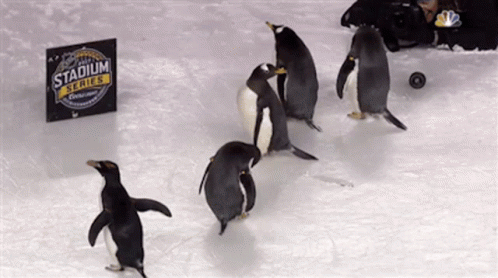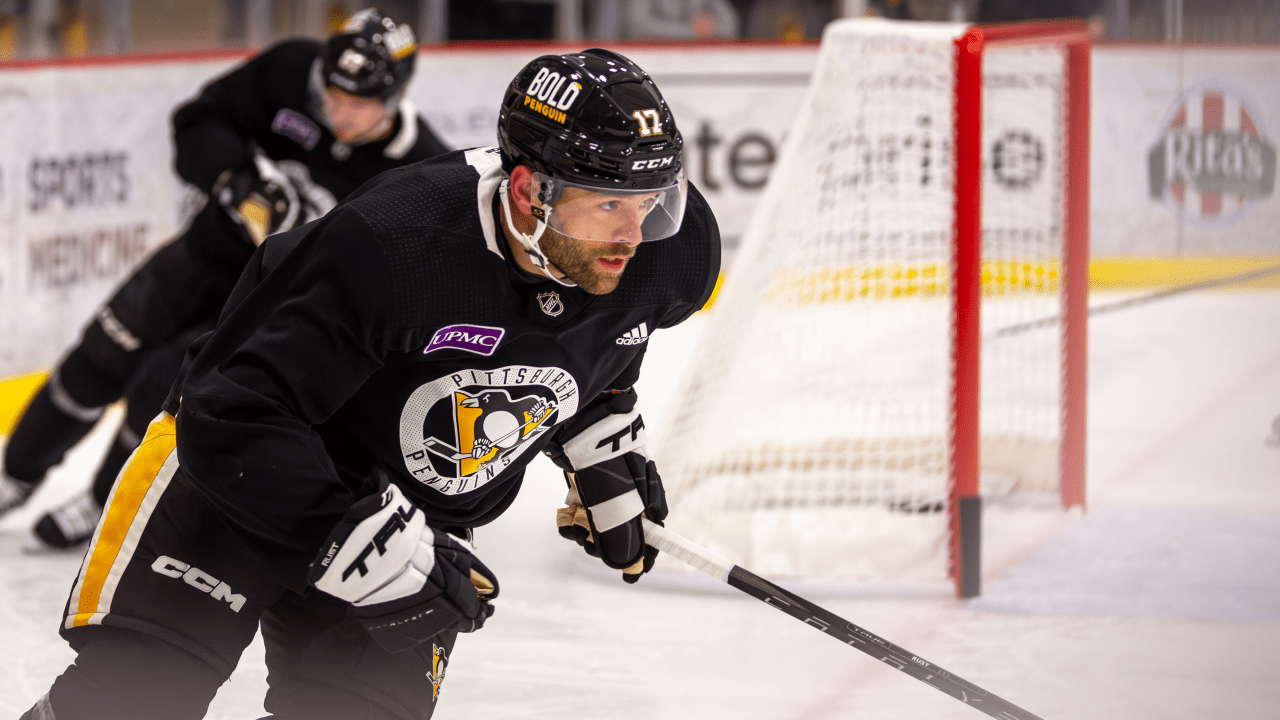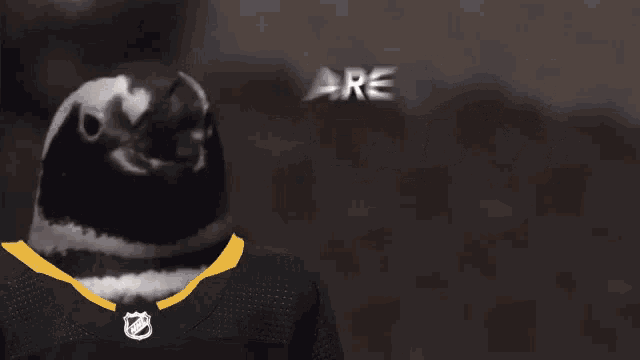Zirakzigil
The Global Hangman wishes he could be

vs


The Penguins returned to the ice for practice on Monday after a day off on Sunday, having ample time to digest their 4-2 loss to the Blues on Saturday.
“I don't think it's a game that's certainly emblematic of what this group is about. I don't think we were at our best, and we didn't play the game with a sense of purpose that's necessary to have success,” Head Coach Mike Sullivan said.
During their film session this morning, the biggest case in point presented by the coaches was the amount of chances Pittsburgh surrendered off the rush.
“We just got to have a lot more details in our game,” winger Bryan Rust said. “We got to be better.”
Rust has gotten off to a hot start this season, with four goals in the first five games. He skated on the top power-play unit, replacing Rickard Rakell, who's struggling a bit offensively with just one assist thus far.
But otherwise, the Penguins stuck with the same lines and D-pairs they had used in St. Louis at practice:
Jake Guentzel-Sidney Crosby-Bryan Rust
Reilly Smith-Evgeni Malkin-Rickard Rakell
Drew O’Connor-Lars Eller-Radim Zohorna
Matt Nieto-Noel Acciari-Jeff Carter
Ryan Graves-Kris Letang
Marcus Pettersson-Erik Karlsson
Ryan Shea-Chad Ruhwedel
P.O Joseph-John Ludvig

Pittsburgh’s workflow had been tweaked for the first time since the opener going into that game, with Radim Zohorna scoring in his season debut and giving a big spark to the third line with Lars Eller and Drew O’Connor, who were a bright spot in the game. “We think he's got a pretty good two-way game. He certainly brought an offensive dimension to Lars Eller’s line the other night,” Sullivan said of the 6-foot-6 forward. “I thought that line had one of their better games to this point and I think Z was a big part of it.”
In addition to Zohorna replacing Jansen Harkins, Ryan Shea slotted in for P.O Joseph on the blue line, making his NHL debut. But apart from those two changes, the Penguins have mostly stuck with the same group despite getting out to a 2-3 start. When asked why that is, Sullivan gave a thoughtful answer that provided a lot of insight into their coaching decisions.
He said there is always an element of relying on coach’s instinct when the staff has conversations about whether they stay patient with certain combinations, or try to be proactive and make adjustments.
“My experience has been that, you know, there's not always a right or a wrong answer there,” Sullivan said. “I think it's more about knowing your group and trying to make the right decisions at the right times. If we just throw the lines in a blender every time we go through struggles, we're going to have an awful lot of line combinations, and we don't allow our guys to play through anything.”
So, patience is certainly important – but the question always is, how long do you go before changes need to be made? They look at a number of different things when weighing those decisions, like scoring chance differentials and looking at game film objectively, to determine whether that line is ultimately a positive sum contribution to helping the team win or not, and why.
“So, we go through that process daily,” Sullivan said. “We’re still young in the season. We've had mixed results. There's been a lot of hockey that we've liked, there's been some that we haven't. So, consistency is really, I think, the operative word that we've got to start to establish in our game. I'm not sure that a line switch is the answer to that.”
Hopefully, playing every other night for their upcoming four-game homestand that starts Tuesday versus Dallas will help in that regard.
“It’ll be nice to get a little bit of flow here, and to have some games consistently at home too will be nice,” Rust said.

Consistency is the Operative Word | Pittsburgh Penguins
The Penguins returned to the ice for practice on Monday after a day off on Sunday, having ample time to digest their 4-2 loss to the Blues on Saturday. “I don't think it's a game that's certainly emblematic of what this group is about. I don't think we were at











